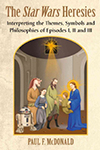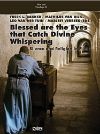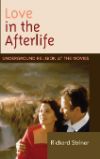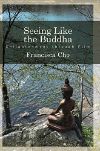- Author(s): Margaret Sullivan
- When: 2017-04
- Where: Journal of Religion & Film
This article analyzes the portrayal of death in Peter Masterson’s 1985 film The Trip to Bountiful. My claim is that the experience of death, in the film, functions as a tool both for the elderly main character’s increased self-understanding and for her conscious, ethical action. I enter this discussion through an examination of late deconstruction’s ethical turn and the argument that aporetic unknowing, if experienced and endured, leads to the chance for real, authentic action. I then demonstrate how the film depicts such an aporetic encounter with death, and do so, in large part, by focusing on the film’s final scenes, in which Carrie Watts returns to Bountiful, her cherished childhood home, and finds death and decay all around her. While previous scholars who have analyzed The Trip to Bountiful have found it to be a story of home, or nature, or family, I bring to light another interpretive approach: The Trip to Bountiful, through its sustained engagement with the very event of death, uses that experience of death to foster a real and tangible shift in one woman’s interactions with the world.









